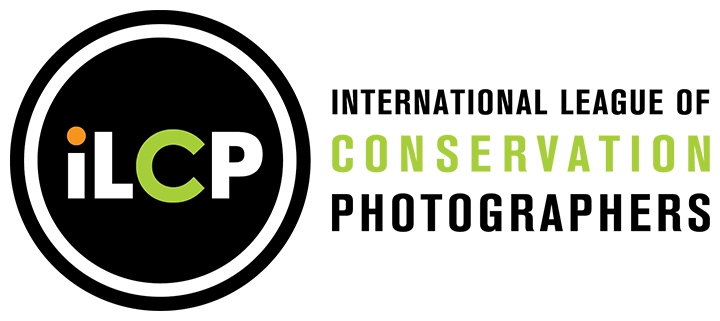Sustainable Fishing practices in La Mosquitia Honduras
Produced by iLCP
Footage and editing by Tamino Castro
Images by Cristina G. Mittermeier and Mikael Castro
Special Consideration to the Center for Marine Ecology for support
The Moskitio people, an ethnic group living on the Mosquitio Coast, have made their living primarily as diving lobster fishermen. By diving, we mean scuba diving. As the lobster have been depleted near-shore, lobster divers have been forced to move offshore, necessitating deeper, longer dives to ensure their catch. These lobster divers are engaged in the most dangerous job in the fishery world. Many are killed or paralyzed as a result of the bends, as they are driven to dive deeper and more often in order to make a decent living.
Meanwhile, due in part to over harvesting, and in part to concern for these divers’ safety, the diving lobster fishery in this area will end next February. So, the question is “what to do?” The Center for Marine Ecology, working with the international Global Fish Alliance, is using this closure as an opportunity to implement a livelihoods transition plan to establish sustainable fisheries and no-take zones in the Honduran region of the Mesoamerican Reef. Several interesting projects make up this plan. A group of approximately 300 soon-to-be former Moskitio lobster divers will begin an artisanal lobster fishery program using casita cubanas – lobster refuges that provide shelter for the lobsters, aggregating them in one place so they are easier to collect.
